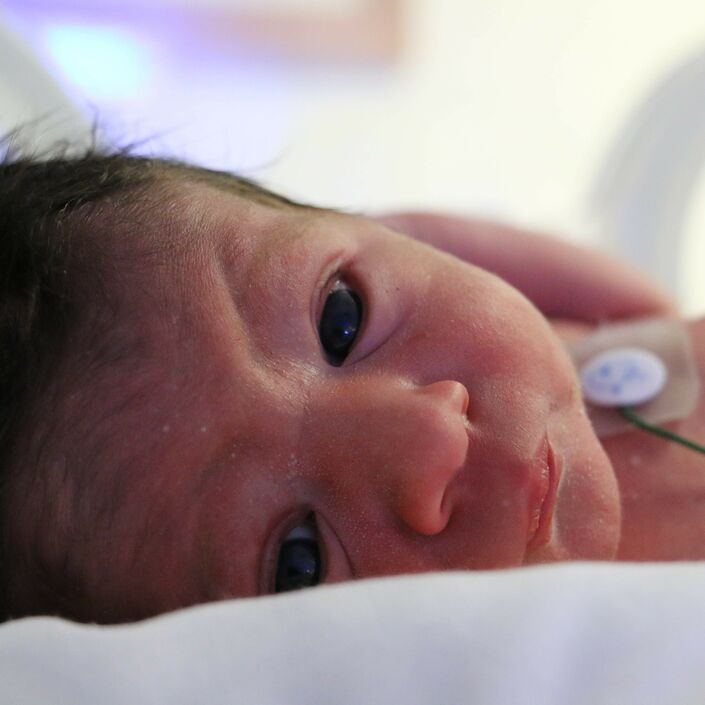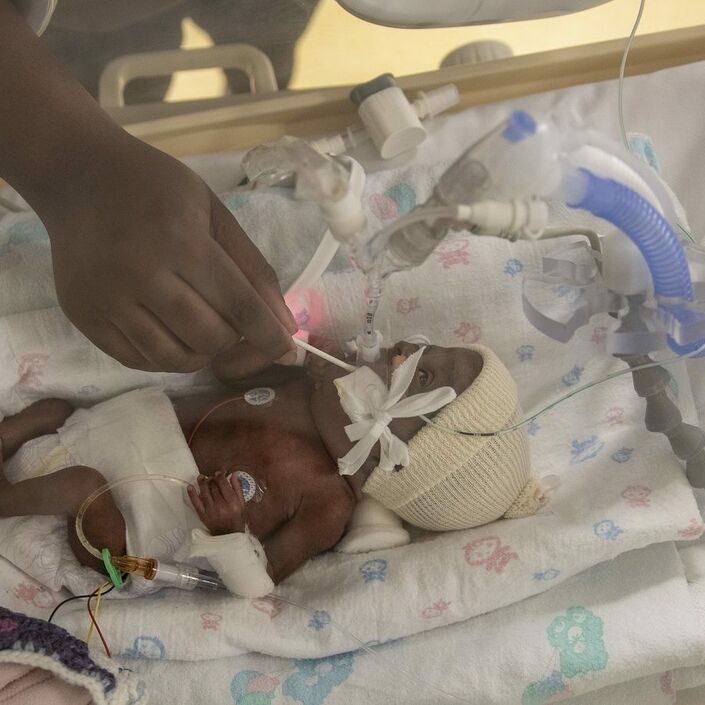Being involved in your baby’s care while they are in hospital can really help you and your baby. Units should support you to find the best way to be involved.
You might hear health professionals call this family-centred care. You might also hear people saying family-integrated care or FiCare. This is a more advanced form of involving families.
Family-centred care means involving the family as much as possible in the daily care and routine of their baby. Many neonatal units now care for babies and families in this way, and Bliss work to help them do this through the Bliss Baby Charter.
At first, it can be hard to know what you can do for your baby on the neonatal unit.
Getting involved on the unit can have a positive effect on you, your baby and your wider family. You might not feel very confident at first, but many families find that getting involved helps to build that confidence.



